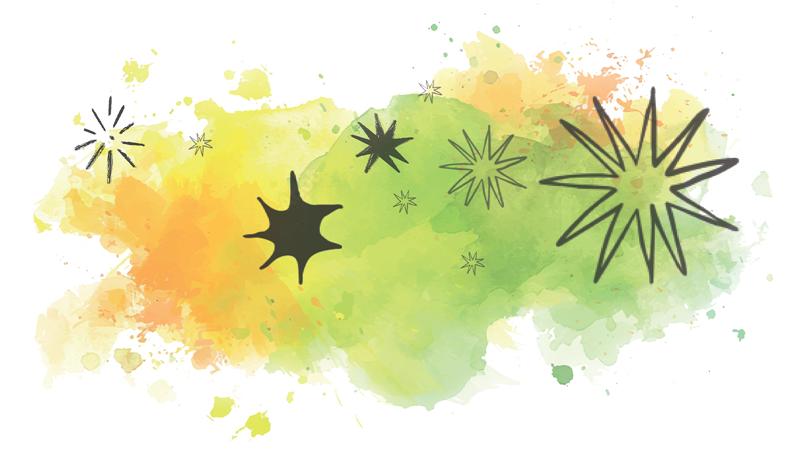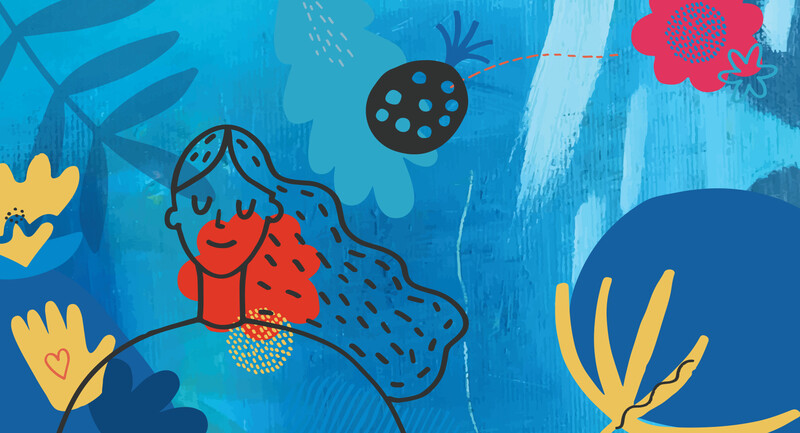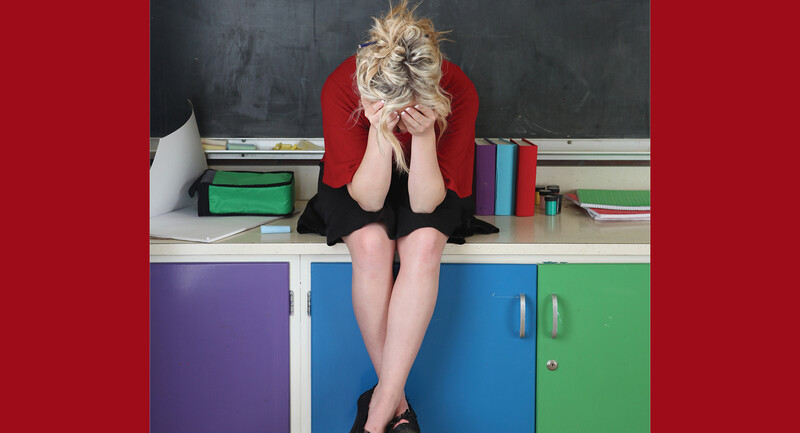The School Discipline Fix: Changing Behavior Using the Collaborative Problem Solving Approach by J. Stuart Ablon and Alisha R. Pollastri (W.W. Norton & Company, 2018)
What changes when educators rethink challenging behavior as a deficit of skill, not will? Everything, say authors J. Stuart Ablon and Alisha R. Pollastri. By adopting the philosophy that "students do well if they can," educators can finally break through to their most disruptive students.
In The School Discipline Fix, Ablon and Pollastri draw on research in neuroscience, as well as decades of clinical and school-based experience, to help educators get to the root of chronic behavior problems. An evidence-based approach drawn from Ross Greene's The Explosive Child, their "collaborative problem solving" method (CPS) focuses less on the challenging behaviors themselves and more on the problems (or antecedents) leading up to the behavior and the skill struggles that cause it.
Unlike traditional school discipline systems that rely on rewards and punishments, CPS posits that students don't need more motivation to behave, they need the skills to do so. Chronic behavioral challenges, Ablon and Pollastri argue, should be treated like any other learning disability, by assessing for and then targeting skill deficits—particularly in the areas of flexibility, frustration tolerance, and problem solving.
At the core of CPS is purposeful discussion. The teacher (or a support team) facilitates a conversation with the student to collaboratively come up with a solution to a behavioral problem they're struggling with (such as physical fights, verbal outbursts, or disengaging from work). Reinforced by empathy and repetition, these proactive and trauma-informed conversations can not only restore relationships, but help build skills naturally.





